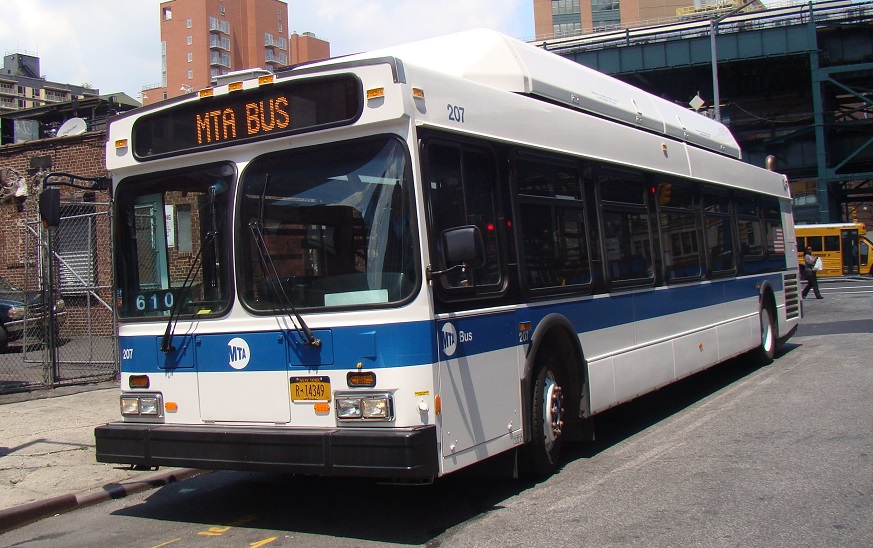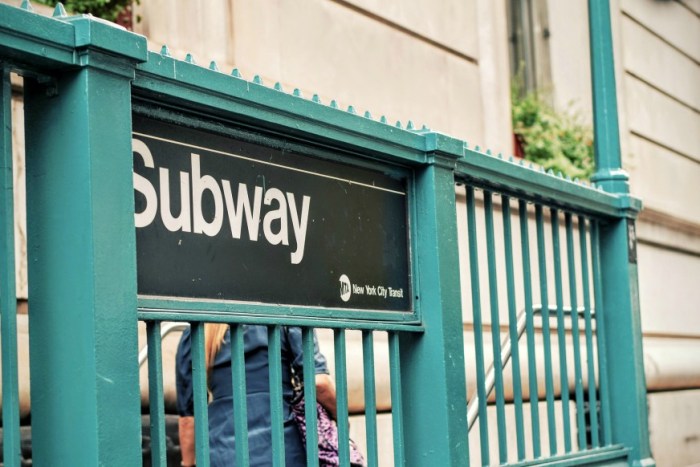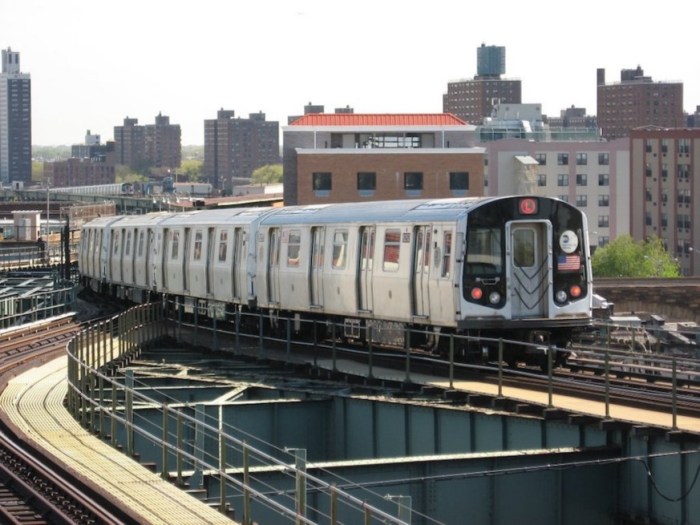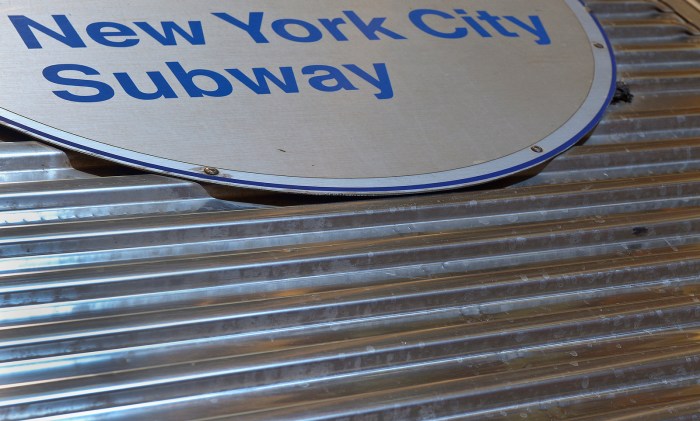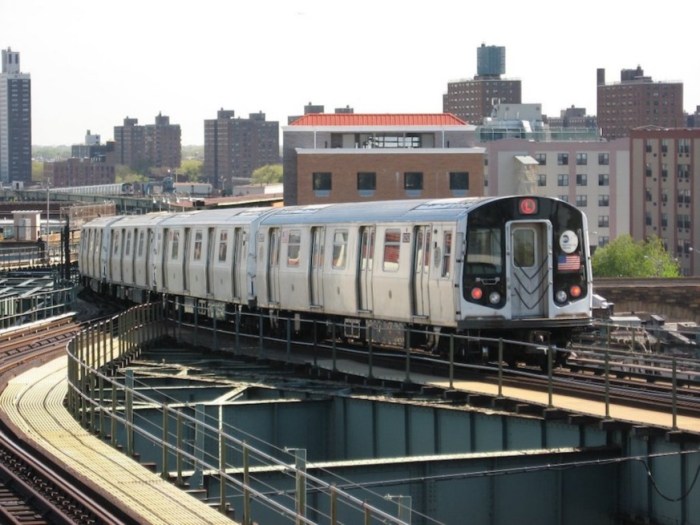On Monday the city will proceed with its pilot plan to increase public-transit travel times along 14th Street in Manhattan by banning all through traffic between morning and evening rush hours, and reducing permitted vehicles to one lane in each direction.
The “Transit and Truck Priority” lanes plan originally was developed by NYC’s Department of Transportation to boost east-west crosstown bus service for passengers affected by the now-canceled shutdown of the L train for repairs. The car ban is the first of its kind for any major thoroughfare in New York City and is expected to last 18 months.
The New York Post reported that State Supreme Court Justice Eileen Rakower on Tuesday ruled in favor of the city and against local neighborhood associations that had sued in June to block the car ban for environmental reasons – namely, overflow traffic on surrounding residential streets, as well as the threat of increased “air pollution” and “noise pollution.” Rakower previously had issued an injunction on the plan, postponing the car ban from taking effect July 1.
Under the ban, only buses, vehicles with three or more axles and delivery trucks will be allowed access to 14th Street between Third and Ninth avenues, daily from 6 a.m. to 10 p.m. Cars and cabs conducting drop-offs and pick-ups will be allowed onto the street, but must make the next possible right turn, according to The Villager; no left turns will be permitted. Cars also can turn onto 14th Street to access parking garages on the same block.
Also on Monday, the remainder of M14 bus routes not designated Select Bus Service will be converted, speeding up boarding times and eliminating a total of 16 bus stops along 14th Street. The DOT estimates bus speeds will increase more than 30 percent for 27,000 riders.
According to the Post, Rakower ultimately rejected local residents’ argument that the project did not undergo a sufficient “environmental review” before its launch. In her decision, the judge concluded city officials “had taken the legally-required ‘hard look’ at the project’s potential impacts, including on pedestrian safety, emissions, and travel times.”
Lawyer and West 12th Street resident Arthur Schwartz represented the block associations in the case. In an email shared with The Villager, Schwartz said he believes the judge erred in not seeking a broader explanation for the extensive hours of the car ban – all day, versus just peak times – and that she overlooked how unsafe the bike lanes are on 12th and 13th Streets. (The lanes were installed following the announcement of the L train shutdown, and made permanent after the shutdown was canceled.)
“I am horrified that my block, 12th Street, will now have 350 cars an hour going down it,” Schwartz said. “That’s one car every 10 seconds on a residential street.” He told the Post his clients likely will appeal the decision.
More than 21,000 cars travel along 14th Street every day, according to The New York Times.
Schwartz and other plaintiffs in the case, residing in Greenwich Village and Chelsea, have received criticism for condemning urban improvement plans that benefit the public in favor of preserving their own neighborhoods.
But transit advocates praised the judge’s decision.
“The social and economic benefits are clear — in a city where eight of 10 commute by transit, and with the slowest bus travel times of a major U.S. city, all will benefit from faster and more reliable bus service on a major bus route,” Marco Conner, co-deputy director of Transportation Alternatives, told StreetsBlog.
Mayor Bill de Blasio tweeted his enthusiasm for the city’s victory:
“We prevailed in our legal fight to speed up buses on 14th Street! With this hurdle clear, @NYC_DOT is moving ahead with final roadwork so we can get New Yorkers moving on one of the city’s busiest thoroughfares. Let’s get this DONE!”

